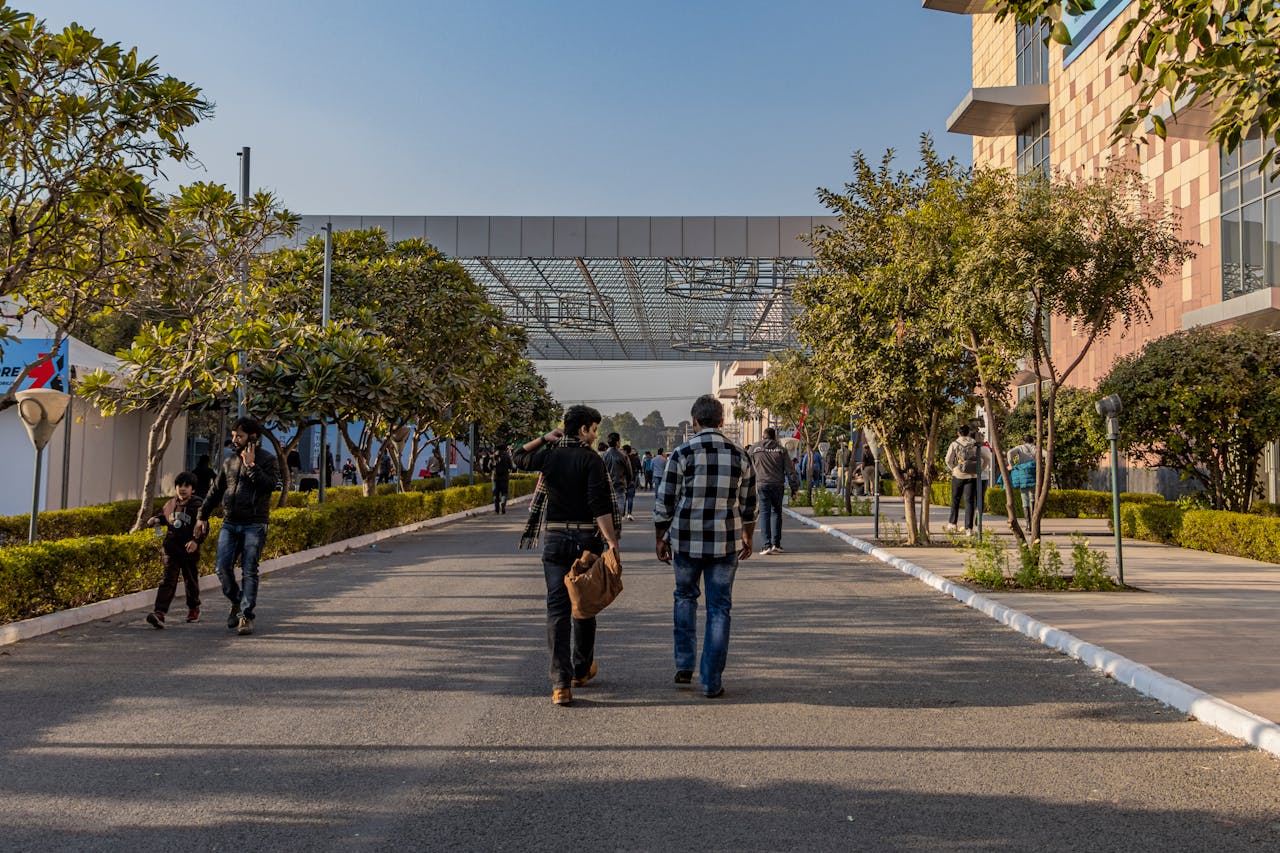The Canadian government placed a cap on the number of study permits granted to international students earlier this year. The government stated that a rapid increase in the number of international students was putting added “pressure on housing, health care and other services.”
In addition, Immigration Minister Marc Miller criticized some private colleges for the increasing number of refugee claims from their international students, saying the trend was “alarming” and “totally unacceptable.”
Similarly, a recent article in the Globe and Mail stated refugee claims by international students increased by 646 per cent from 2018 to 2023, and raised concerns about students exploiting Canada’s immigration system.
However, focusing on refugee claims, and not refugee claim approvals, obscures the context needed to understand such a complex issue. These comments and statistics are misleading and contribute to fueling xenophobia and anti-immigrant sentiment.
Given the central place of immigration in heated political debates in Canada, it’s crucial to unpack these claims and understand the implications of perpetuating unfounded criticism of Canada’s refugee and immigration system.
Growing number of displaced people
Amid the war in Ukraine, violence in Haiti and enduring humanitarian crises in Afghanistan, Syria, Somalia, Venezuela, Sudan and elsewhere, over 114 million people have been displaced worldwide. Accordingly, refugee claims have increased around the world from displaced people; many of whom face the risk of being forcibly returned home or sent to a third country.
The number of refugee claims in Canada fluctuates over time, largely in response to global events. For example, during the COVID-19 pandemic there was a notable decline in refugee claims from 58,378 in 2019 to 18,500 in 2020. However, refugee claims in Canada increased from 55,388 in 2018 to 137,947 in 2023.
While the increase in the number of international students making refugee claims is worth investigation, the impact of this increase should not be exaggerated or taken out of context. In 2018, international students made up three per cent of new refugee claims. By 2023, this figure increased to only eight per cent.
Most importantly, these numbers need to be examined as a percentage of all international students in Canada. In 2023, only one per cent of international students sought asylum.
Refugee fraud is rare
The large majority of refugee claims in Canada succeed. In recent years the number of refugee claims approved increased from 63 per cent in 2018 to 79 per cent in 2023.
During this same period, fraud in the refugee determination system has been relatively rare. When Canada’s Immigration and Refugee Board encounters a claim that is “clearly fraudulent” the Board has a legal obligation to declare that the claim is “manifestly unfounded.” This occurs only a few dozen times per year.
The result is that most refugee claimants in Canada are determined to have a well-founded fear of being sent back home. As such, most will obtain permanent residence in Canada and be on the path to citizenship.
Dangers of alarmist rhetoric
Statistics Canada data indicate that more than 15 per cent of immigrants are deciding to leave Canada within 20 years of immigrating. Meanwhile less than half of permanent residents are deciding to become citizens. There is also a similar trend among international students. More and more international students are contemplating leaving Canada amid declining affordability and diminishing job prospects.
However, these realities are often not as interesting or enraging as the alarmist rhetoric adopted by politicians and media. The fact that fraud is rare in Canada’s refugee system doesn’t sell newspapers or win votes. Declining citizenship rates are not as compelling as tales of international students exploiting loopholes to stay in Canada.
This kind of rhetoric also overlooks the fact that many students do come from countries experiencing political instability and violence, making their refugee claims deserving of consideration. In the face of migration controls and the absence of safe and legal channels, coming to Canada as a student and seeking refuge may be the only viable option for some people seeking protection from persecution.
With that in mind, politicians and media must be careful regarding how they discuss refugee claimants. It is misleading to imply that it is “alarming” and “unacceptable” for someone to make a refugee claim simply because they are an international student. Seeking asylum is a right they have under both international and Canadian law.
Such rhetoric fosters a climate of suspicion and distrust towards newcomers, fueling xenophobia and hostility towards those in need of protection. Instead, politicians, media and the public in general, should recognize that Canada has processes that are well-placed to examine these claims. These include one of the world’s most well-regarded refugee determination systems that assesses each claim on its merits.
When politicians engage in rhetoric that plays into anxieties about migration, the media must act as an informed voice that scrutinizes their comments, instead of amplifying reactionary claims about fraud and the spectre of bogus refugees.![]()
Yvonne Su, Assistant Professor in the Department of Equity Studies, York University, Canada; Corey Robinson, Lecturer in International Relations, School of Social and Political Sciences, University of Glasgow, and Sean Rehaag, Director, Centre for Refugee Studies & Associate Professor, Osgoode Hall Law School, York University, Canada
This article is republished from The Conversation under a Creative Commons license. Read the original article.






















